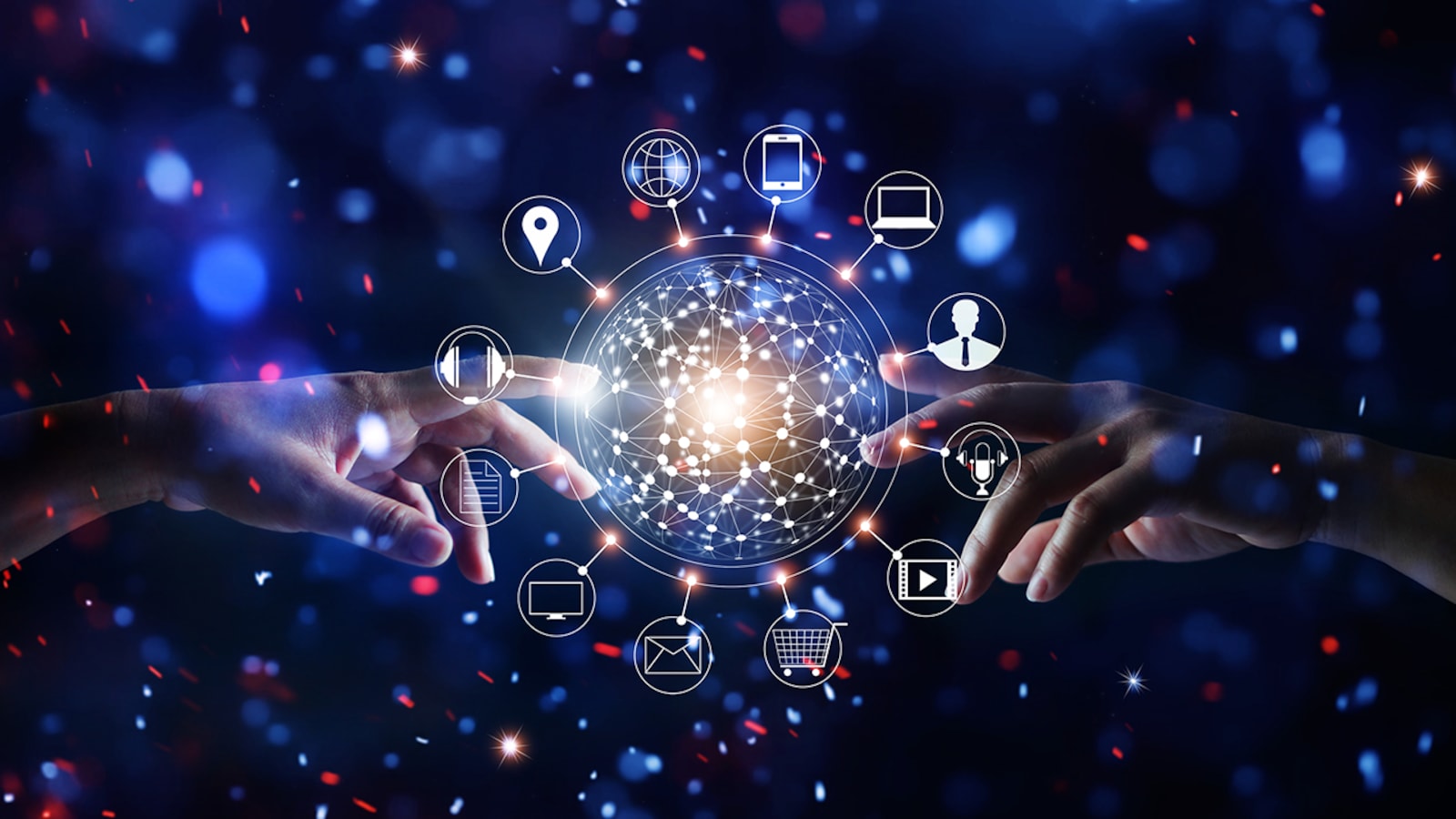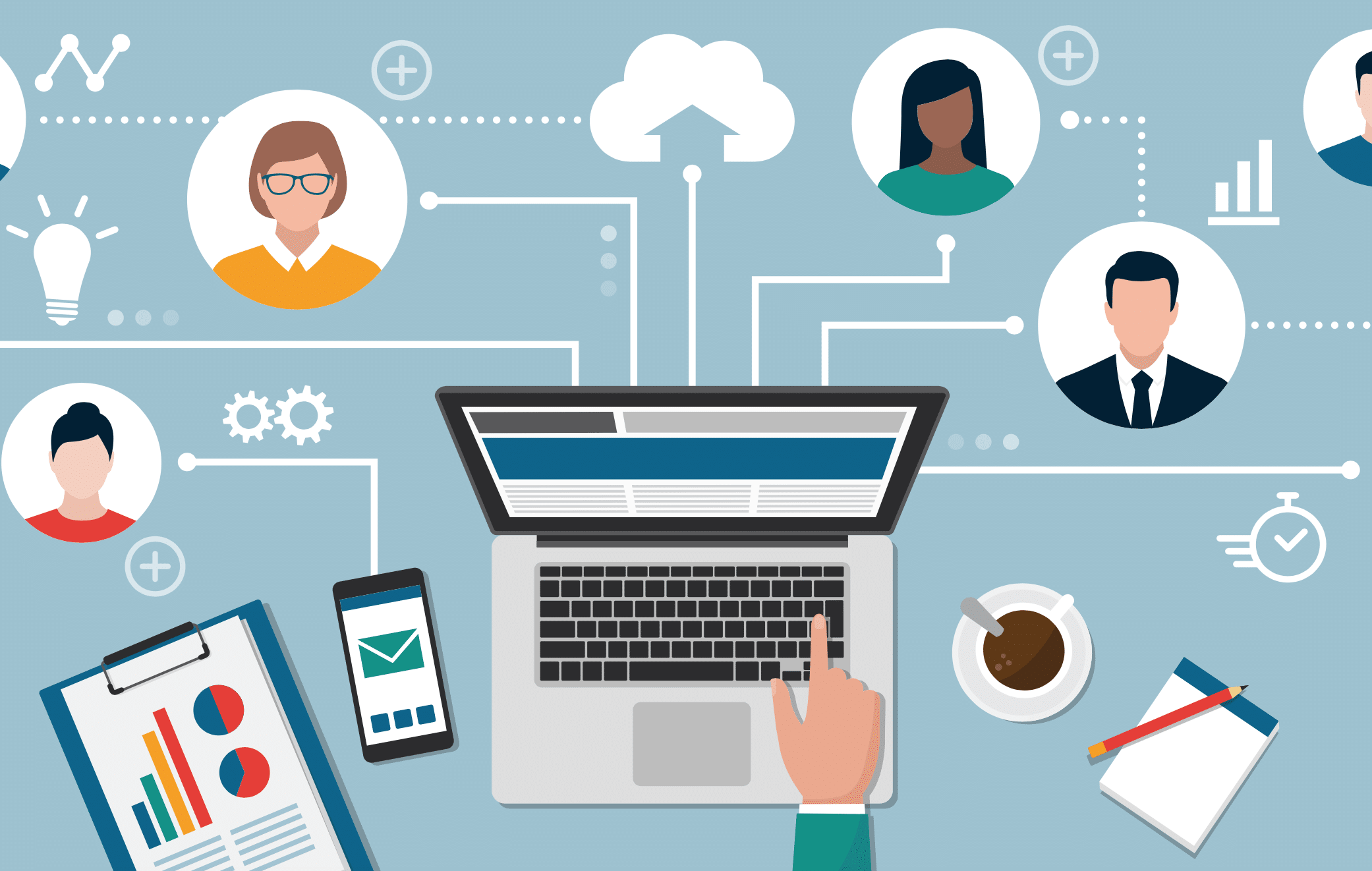International Tech Innovations: Disrupting Industries and Transforming Lives
International tech innovations are driving significant disruptions across industries, reshaping the world we live in. From artificial intelligence to the Internet of Things, blockchain to augmented and virtual reality, these technologies hold immense potential to transform lives and improve efficiency. Embracing these innovations can lead to remarkable advancements and unlock new opportunities for businesses and individuals alike.

In today's rapidly advancing world, technology plays a pivotal role in transforming various industries and revolutionizing the way we live. International tech innovations have emerged as catalysts, disrupting traditional practices and opening up new possibilities. From healthcare to transportation, communication to finance, tech innovations have reshaped the landscape and brought about remarkable changes. This article explores some of the most impactful international tech innovations that have the potential to disrupt industries and transform lives.
Artificial Intelligence: Empowering Automation
Artificial Intelligence (AI) has emerged as a powerful force driving innovation and revolutionizing industries across the globe. With its ability to mimic human intelligence and perform complex tasks, AI is transforming the way we work and live. One of the key areas where AI is making a significant impact is automation.
Understanding AI
AI refers to the development of computer systems that can perform tasks that typically require human intelligence. These systems can analyze vast amounts of data, recognize patterns, and make decisions or predictions with minimal human intervention. AI algorithms learn from the data they are fed and continuously improve their performance over time.
Applications of AI in Automation
AI-powered automation is reshaping various industries by streamlining processes, improving efficiency, and reducing human error. In manufacturing, AI-enabled robots can perform repetitive tasks with precision and speed, leading to increased productivity. AI algorithms can analyze data from sensors and machines in real time, optimizing production schedules and minimizing downtime.
In customer service, AI chatbots and virtual assistants are being deployed to handle customer inquiries, providing instant responses and freeing up human agents to focus on complex issues. AI algorithms can understand natural language, allowing for more human-like interactions with customers.
Moreover, AI is playing a crucial role in the transportation sector. Autonomous vehicles, powered by AI, are being developed to navigate roads safely and efficiently. These self-driving cars have the potential to transform transportation by reducing accidents and traffic congestion while improving fuel efficiency.
Benefits and Challenges
The integration of AI in automation brings several benefits. It improves productivity by automating mundane and repetitive tasks, allowing employees to focus on more strategic and creative aspects of their work. AI algorithms can process and analyze large volumes of data in a fraction of the time it would take a human, leading to faster and more accurate insights.
However, there are also challenges to consider. The ethical implications of AI in automation, such as job displacement and privacy concerns, need to be carefully addressed. Additionally, ensuring the transparency and fairness of AI algorithms is crucial to prevent biases and discriminatory outcomes.
Artificial Intelligence is revolutionizing automation across industries, empowering businesses to enhance productivity, streamline processes, and deliver better customer experiences. By harnessing the power of AI, organizations can unlock new levels of efficiency and innovation. However, it is important to navigate the challenges responsibly and ensure that AI is developed and deployed in a way that benefits both businesses and society as a whole.
Internet of Things (IoT): Connecting the World
Exploring IoT
The Internet of Things (IoT) refers to the interconnection of everyday objects via the Internet. Through embedded sensors and connectivity, IoT enables devices to collect and exchange data, facilitating smarter decision-making and automation.
Transforming Industries
IoT has the potential to revolutionize industries such as transportation, agriculture, and energy. In transportation, IoT-based systems improve traffic management, vehicle tracking, and driver safety. In agriculture, IoT sensors monitor soil moisture, weather conditions, and crop health, optimizing farming practices. Additionally, IoT technologies enhance energy efficiency by managing and optimizing power consumption in buildings and cities.
Blockchain: Revolutionizing Trust and Security
Understanding Blockchain
Blockchain is a decentralized and transparent ledger that records transactions across multiple computers. It ensures security, immutability, and transparency by eliminating the need for intermediaries and providing a tamper-proof system.
Disrupting Industries
Blockchain technology has the potential to disrupt industries like finance, supply chain, and healthcare. In finance, blockchain enables secure and efficient peer-to-peer transactions, reducing reliance on traditional intermediaries. In supply chain management, blockchain enhances transparency by tracking and verifying the movement of goods. Moreover, blockchain ensures the integrity and accessibility of medical records in healthcare, improving patient care and data security.
Augmented and Virtual Reality (AR/VR): Redefining Experiences
Exploring AR/VR
Augmented Reality (AR) and Virtual Reality (VR) technologies provide immersive experiences by overlaying digital content onto the real world or creating entirely virtual environments.
Impact on Industries
AR/VR has the potential to transform industries such as gaming, education, and tourism. In gaming, these technologies offer immersive gameplay experiences. In education, AR/VR enhances learning by providing interactive and visual content. Additionally, AR/VR allows virtual tours and simulations, revolutionizing the way we experience travel and tourism.
International tech innovations are driving significant disruptions across industries, reshaping the world we live in. From artificial intelligence to the Internet of Things, blockchain to augmented and virtual reality, these technologies hold immense potential to transform lives and improve efficiency. Embracing these innovations can lead to remarkable advancements and unlock new opportunities for businesses and individuals alike.
FAQs (Frequently Asked Questions)
What are some notable examples of international tech innovations?
Some notable examples of international tech innovations include artificial intelligence, the Internet of Things, blockchain, and augmented/virtual reality.
How does artificial intelligence benefit industries?
Artificial intelligence benefits industries by empowering automation, improving efficiency, and enabling data-driven decision-making.
What is the impact of the Internet of Things on transportation?
The Internet of Things has a significant impact on transportation by enhancing traffic management, vehicle tracking, and driver safety.
How does blockchain revolutionize trust and security?
Blockchain revolutionizes trust and security by providing a decentralized and tamper-proof system, eliminating the need for intermediaries.
What industries can be transformed by augmented and virtual reality?
Augmented and virtual reality have the potential to transform industries such as gaming, education, and tourism, among others.
What's Your Reaction?




















